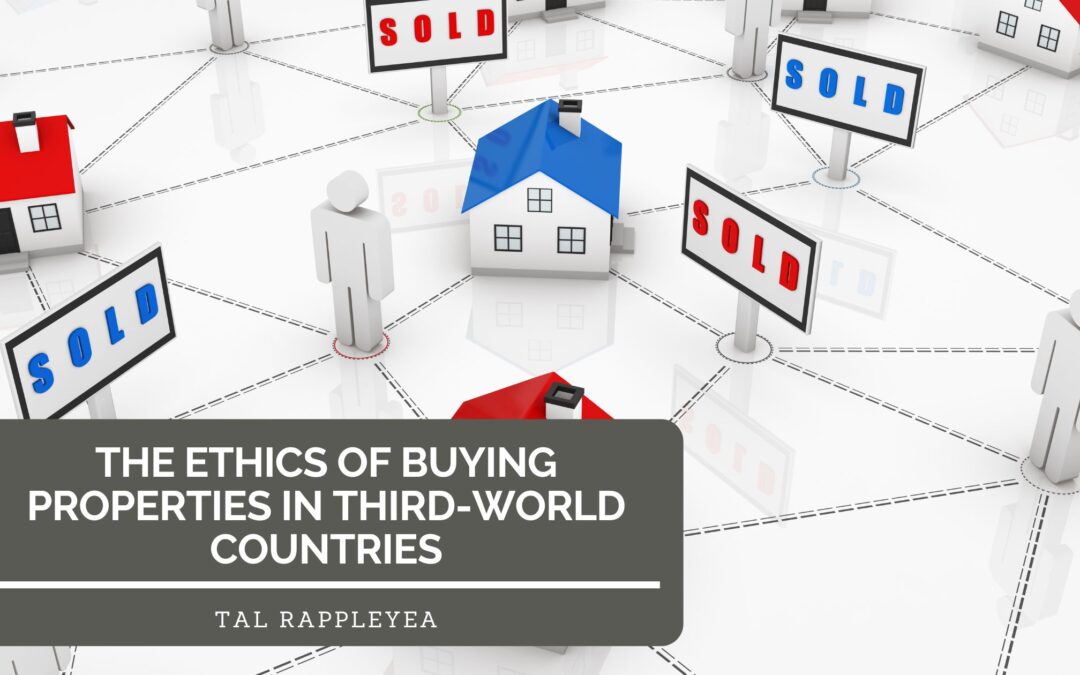The concept of buying property in a developing nation can be enticing. Lower prices, exotic locations, and the potential for solid returns can be attractive propositions. However, ethical considerations are paramount when entering real estate markets in third-world countries. Here’s a closer look at the potential benefits and drawbacks of navigating this complex issue:
Potential Benefits:
- Boosting Local Economies: Foreign investment in real estate can create construction, tourism, and property management jobs. This can contribute to economic growth and development in the local community.
- Preservation and Restoration: Investment can revitalise historic buildings and neighbourhoods, fostering cultural preservation and attracting responsible tourism.
- Providing Opportunities: Foreign ownership can introduce new standards of construction and property management, potentially improving the living conditions of local residents.
Ethical Considerations and Potential Drawbacks:
- Displacement and Gentrification: Uncontrolled investment can drive up property values, forcing out low-income residents and disrupting established communities.
- Exploitation of Local Labor: Foreign investors are responsible for ensuring fair wages and working conditions for construction workers and property management staff.
- Environmental Impact: Development projects should prioritise sustainability and minimise negative impacts on the environment and local resources.
Navigating the Ethical Landscape:
- Research and Due Diligence: Thoroughly research the developer’s reputation, the project’s impact on the community, and potential environmental concerns.
- Focus on Community Development: Seek opportunities directly benefiting the local population through job creation, infrastructure improvements, or social programs.
- Transparency and Fair Practices: Ensure all transactions are transparent legal, and adhere to fair market value principles.
- Sustainable Development: Prioritize projects promoting sustainability, responsible resource use, and minimal environmental impact.
Ultimately, the decision to invest in real estate in a developing nation requires careful consideration. Responsible investors can positively foster economic growth, but ethical considerations and potential pitfalls should be addressed. By prioritising community development, fair practices, and sustainability, foreign investors can create a win-win situation for themselves and the host country.
